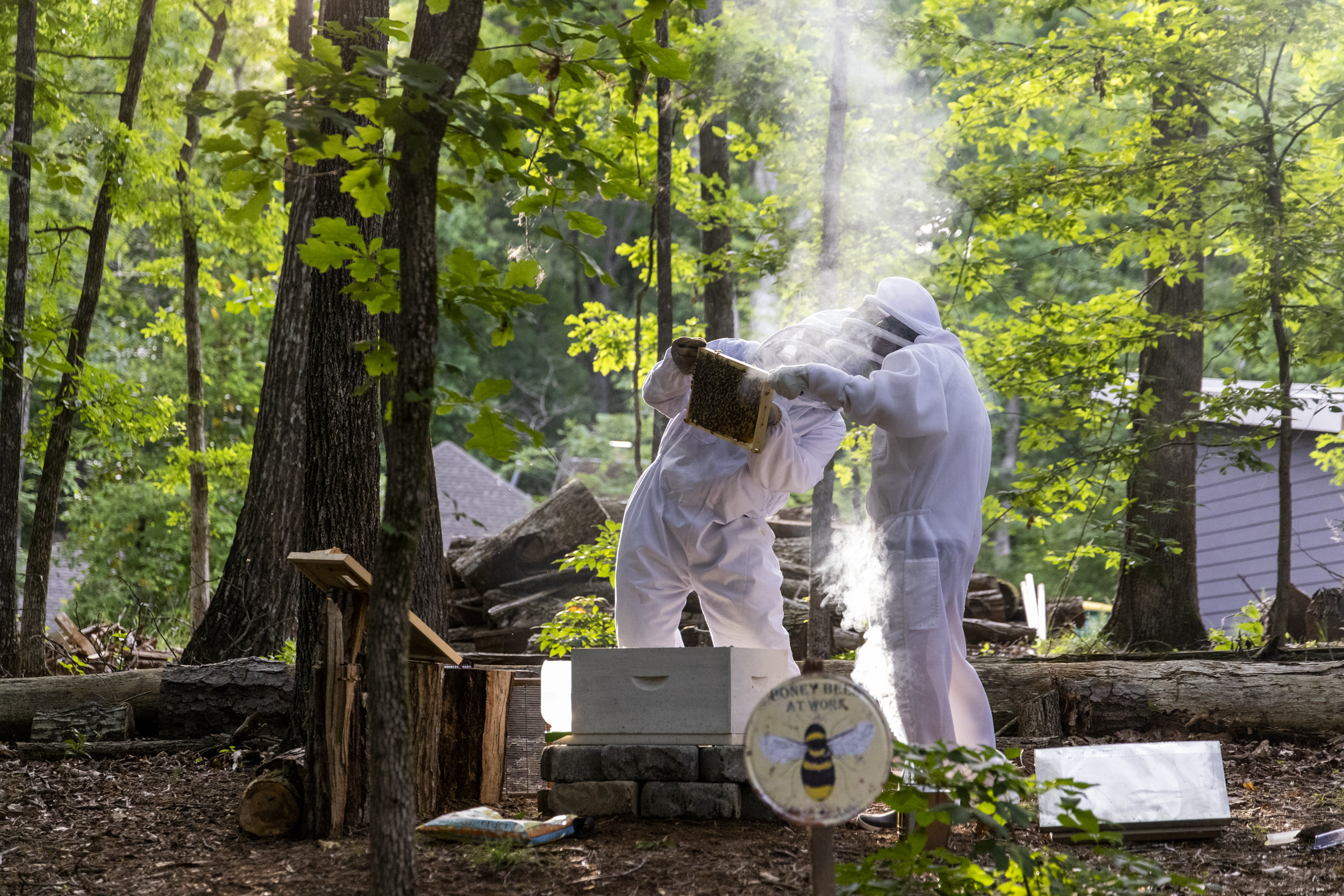Discover what a degree from ALEC can do for you
The Department of Agricultural Leadership, Education, and Communication (ALEC) is an award-winning group of researchers, teachers, Extension specialists, and students committed to communicating the critical fields of agricultural and environmental science.
Through small classes and personalized, engaged learning, ALEC students gain critical real-world experience. They learn:
- evidence-based, audience-centered science communication skills
- how to develop communication strategy
- youth and adult-focused educational strategies
- adaptive organizational and community leadership frameworks
ALEC students become knowledgeable advocates for agriculture and healthy consumer relationships with food and the environment.
ALEC programs are based on the belief that agricultural policy, rigorous science, and innovative technology yield solutions to agriculture's most pressing problems. We also believe that those solutions become even stronger when they are supported by effective outreach campaigns and educational programs.
CAES News



